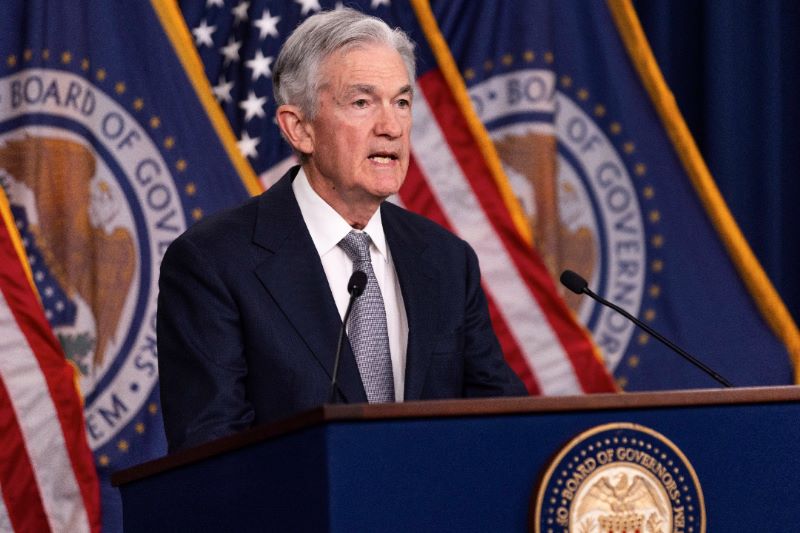Economy
Oil Prices Surge Amid Escalating Tensions in the Middle East
Oil prices surge early Wednesday following the death of a senior Hamas leader in Iran at the hands of Israeli forces. This incident has heightened concerns that the Israel-Hamas conflict could expand into a broader regional war, causing ripples across global markets. Although Israel is not a major oil producer, its neighboring countries—Iran and Saudi Arabia—play crucial roles in the global oil market.
Impact on Shipping and Global Trade
Heightened regional tensions have increased fears of disruptions to shipping lanes. Recent events have exacerbated these concerns. Earlier this year, Houthi rebels from Yemen targeted cargo ships in the Red Sea. This led to a significant rise in global shipping costs, with rates from Asia to Europe surging fivefold by June.
In response to these concerns, shares of major shipping companies saw gains. German shipping giant Hapag-Lloyd experienced a 0.8% increase in its stock price, while Denmark’s A.P. Moeller-Maersk rose by 3.2%. Additionally, Zim Integrated Shipping Services saw a 2.4% gain in premarket trading.
Regional tensions have driven up shipping costs and boosted shipping company shares, reflecting heightened market fears, according to WSJ Print Subscription.

Central Banks Set to Make Key Decisions as Market Focus Shifts
Central Banks are at the forefront as global financial markets brace for pivotal policy announcements. Investors are keenly…
U.S. Government and Market Reactions
U.S. Secretary of State Antony Blinken has stressed the urgency of achieving a ceasefire in Gaza to prevent further conflict escalation. This diplomatic push aligns with broader market reactions to recent developments.
Crude oil prices, which had fallen to their lowest levels since June earlier this week, have also been influenced by additional factors. The Biden administration capitalized on the recent price dip to replenish the U.S. strategic oil reserve.
Moreover, expectations of a reduction in Federal Reserve interest rates could further drive oil prices higher. Lower borrowing costs might boost energy demand, while a weakened dollar would make oil more affordable for international buyers. The Fed is anticipated to maintain current interest rates in its Wednesday meeting but may hint at a rate cut in September.
Market Movements
In response to the evolving situation, West Texas Intermediate (WTI) crude saw a 3.2% increase to $77.15 per barrel. Brent crude, the international standard, rose by 2.6% to $80.67 per barrel. This uptick in oil prices has benefited oil stocks significantly. Exxon Mobil gained 1.1%, and Chevron rose by 1.4% in premarket trading.
Join our Digital News Duo and connect with curious minds who rely on The Washington Post and The New York Times. Explore the evolving news landscape and gain deeper insights. Embark on a journey to profound understanding with us today!

